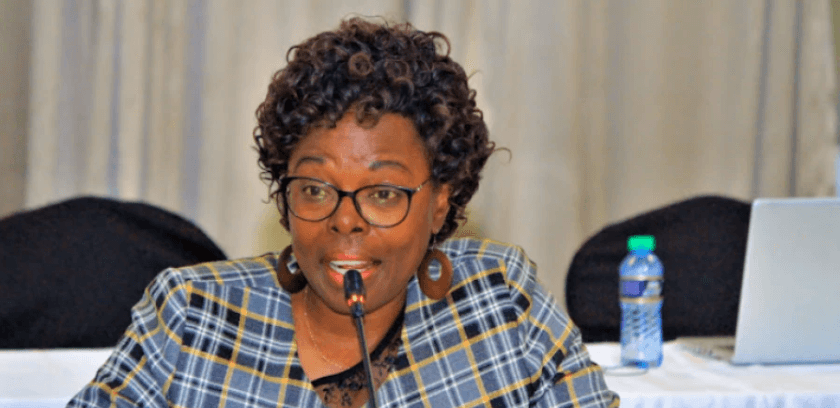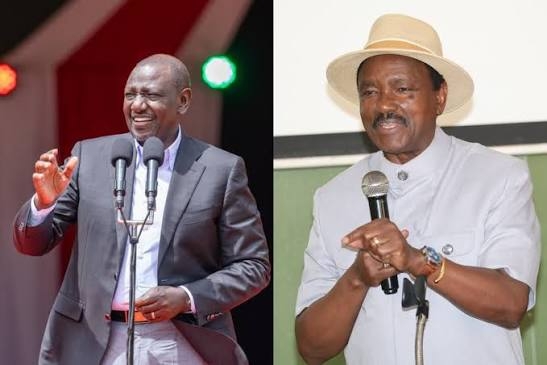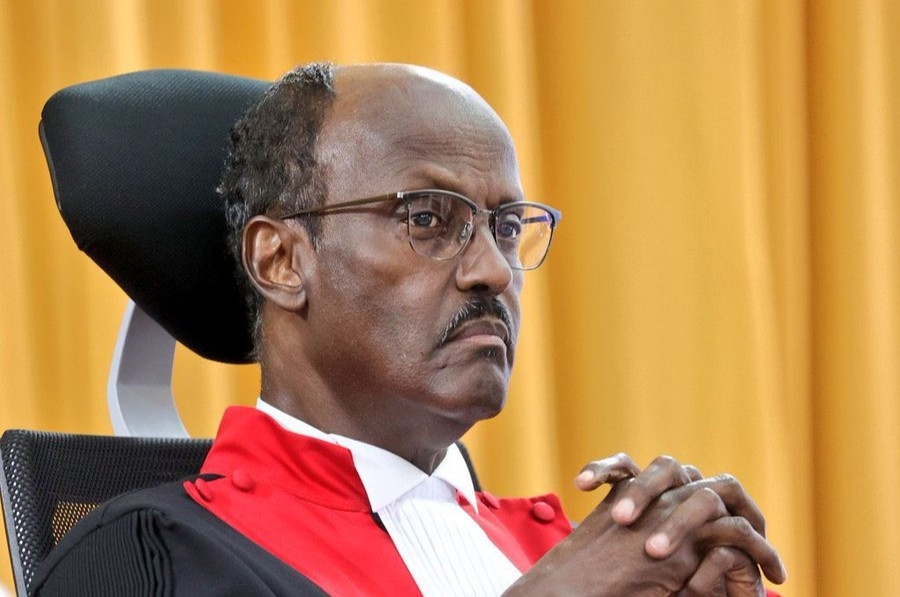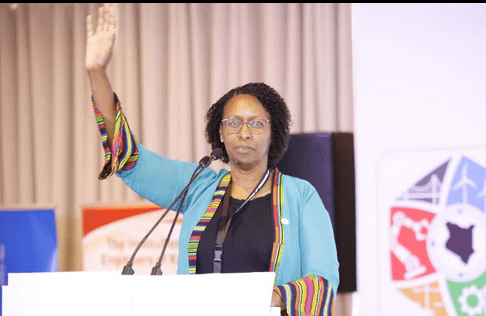![[PHOTOS] Activists stage demo over Ojwang's death](/_next/image?url=https%3A%2F%2Fcdn.radioafrica.digital%2Fimage%2F2025%2F06%2F8f20d594-e15e-4909-ad95-59db2d82faf7.jpg&w=3840&q=100)
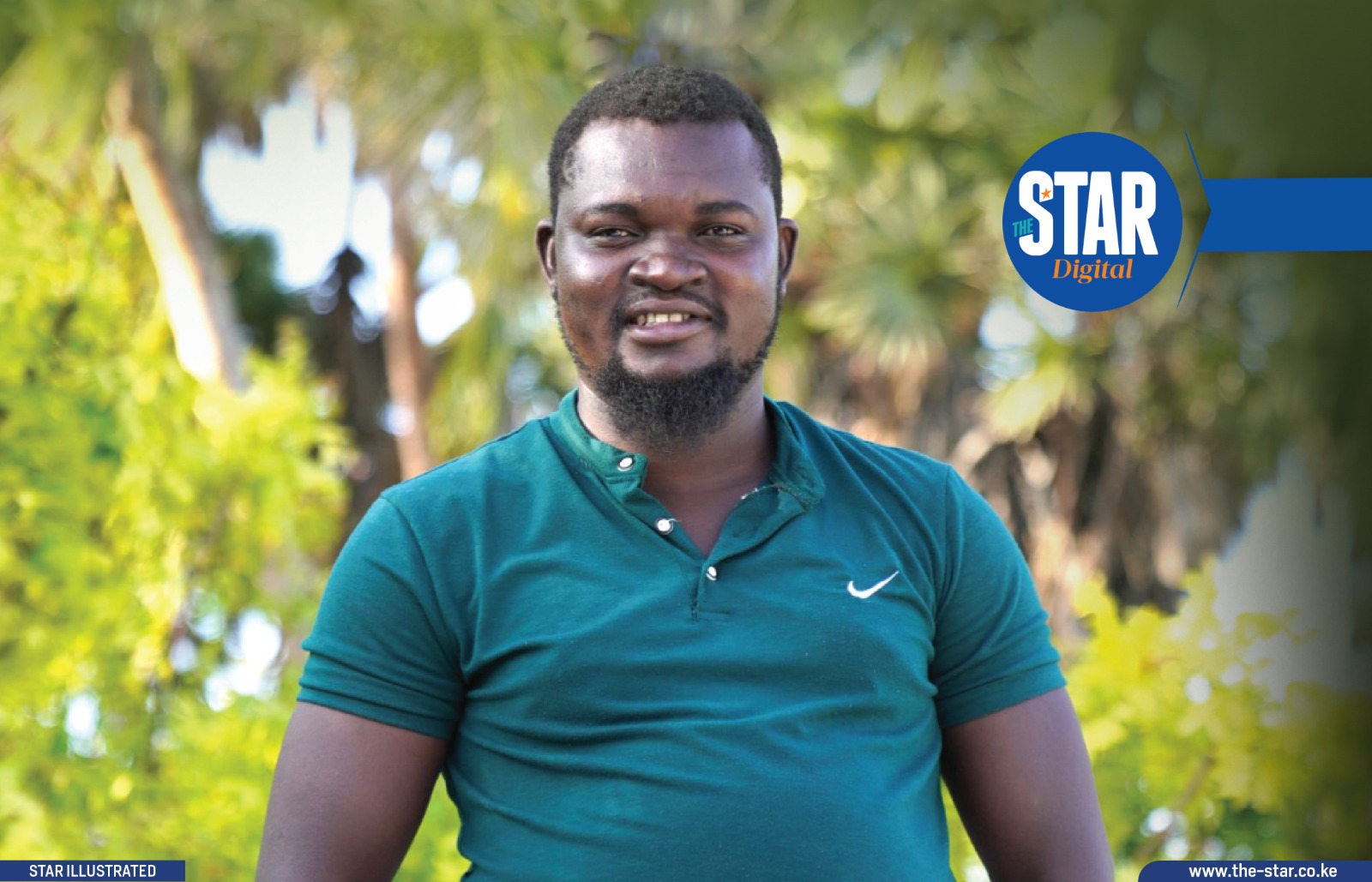 Albert Ojwang
Albert Ojwang
Kenya is mourning the tragic death of blogger Albert Ojwang, who was found dead in a police cell on June 8, 2025.
While police initially claimed that Ojwang had fatally injured himself by hitting his head against a cell wall, an autopsy released on June 10 told a different story: Ojwang died from head injuries and neck compression—signs of a brutal death that have left the country reeling.
The conflicting accounts of Ojwang’s death have triggered widespread outrage and calls for justice.
On the streets of Nairobi and beyond, Kenyans expressed anger and frustration over what they see as a shocking betrayal by the very institutions meant to protect them.
“Instead of protecting us, the government is now turning against its own people. It’s heartbreaking and unacceptable,” said John Irungu, visibly distressed as he condemned the state’s handling of the case.
Mercyline Ouma was equally forceful in her criticism. “Even if someone is suspected of wrongdoing, killing them can never be justified. That is not justice. That is a grave mistake, and the government must be held accountable,” she said.
For many, Ojwang’s death is a chilling reminder of a growing pattern of extrajudicial killings and unchecked police violence.
Joseph Marwa pointed to the government’s failure to act during last year’s Gen Z protests and accused police leadership of ignoring misconduct.
“The government has failed to take full responsibility for the individuals involved in the death of Ojwang,” Marwa said.
He called on authorities to name the officers who arrested Ojwang and transferred him from Homa Bay to Nairobi.
James Omondi, a taxi driver in Nairobi’s Westlands area, didn’t hold back. “The police have become enemies of the people, and the only outcome that results from them is death,” he said.
He urged the Independent Policing Oversight Authority (Ipoa) to hold rogue officers to account and regulate the use of force.
In Nairobi’s bustling streets, Lucy Kamau, a fruit vendor, demanded justice.
“The government should look for those people involved in the Central Police Station. They should be investigated and charged if found guilty. Justice should be done for that young man, Ojwang,” she said.
Students and youth have also joined the chorus of outrage. Linnet Kipruto, a student at the University of Nairobi, said Ojwang’s death was suspicious and suggested foul play.
“There are young people who have been killed; it is a bad picture for the country. Let’s come together and fight this regime,” she said, urging more young people to speak up for their rights.
Martin Ngunjiri summed up the collective sense of despair. “The police are the people who should be protecting citizens, not harming them,” he said.
“I have lost hope in the police. The people involved in the death of Albert Ojwang should be brought to book.”
Ashley Shimoli expressed disbelief that a blogger from Homa Bay could be transported to die in a foreign cell.
“It is very absurd that people are dying at the hands of the very instruments that are supposed to protect them,” Shimoli said.
“It’s a great disappointment and a life we should not have lost. The government ought to do better, and we’re hoping the truth will eventually come out.”
As demands for accountability mount, Kenyans continue to question how a nation that promises safety and dignity for its people could allow such a tragedy to unfold unchecked.
The search for answers—and justice—has just begun.









